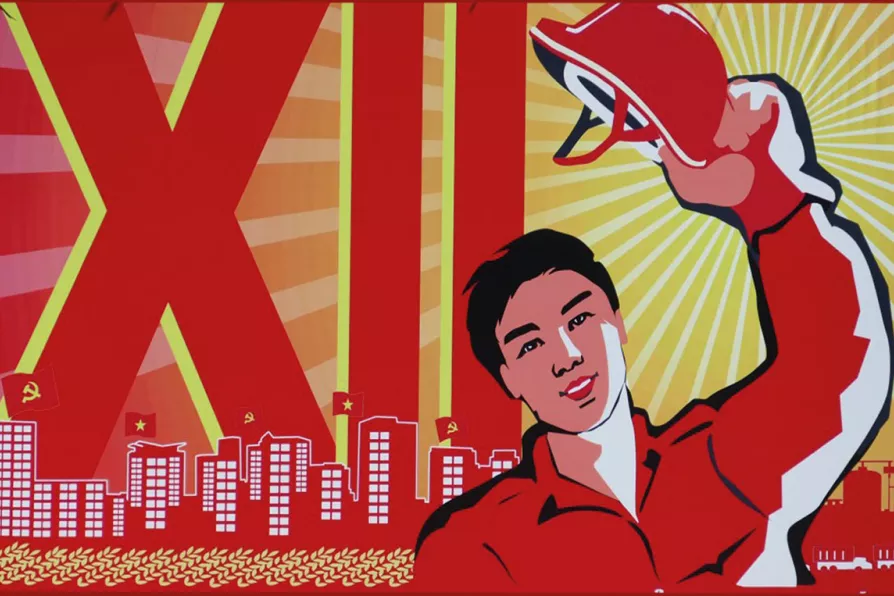HENRY FOWLER, co-founder of Strike Map, announces a new collaboration with UnionMaps, integrating two important sets of data that will facilitate the labour movement in its analysis, planning and action

 A 2017 mural dicpting Vietnamese traditional art forms
A 2017 mural dicpting Vietnamese traditional art forms
CULTURE is the lifeblood of the Communist Party of Britain (CPB). It is as intrinsic to the CPB’s development, growth and survival as economics and politics, and yet it has a far lower profile within the party.
Culture must be embedded within every level of the CPB, from the executive committee through the nations and districts and down to the local branches. Culture should not be an add-on or an afterthought. It should be central to the CPB’s ideology. Every policy and position of the party must have a cultural dimension.
For example, in the recent general election, the party produced an excellent manifesto which included a 12-point programme for real change. These ranged from Palestine and austerity to the NHS and public ownership.
But there was no mention of culture, either as a stand-alone point or as an aspect of the 12-point programme. There was no reference, for example, to the role that culture can play in women’s rights, migration and anti-racism, democracy, peace and the environment.
All successful communist projects have culture at their core and not at their periphery. The Cuban revolution is a case in point. Fidel Castro made sure that culture was one of the pillars of the revolution alongside free, publicly accessible healthcare and education, for example.
















